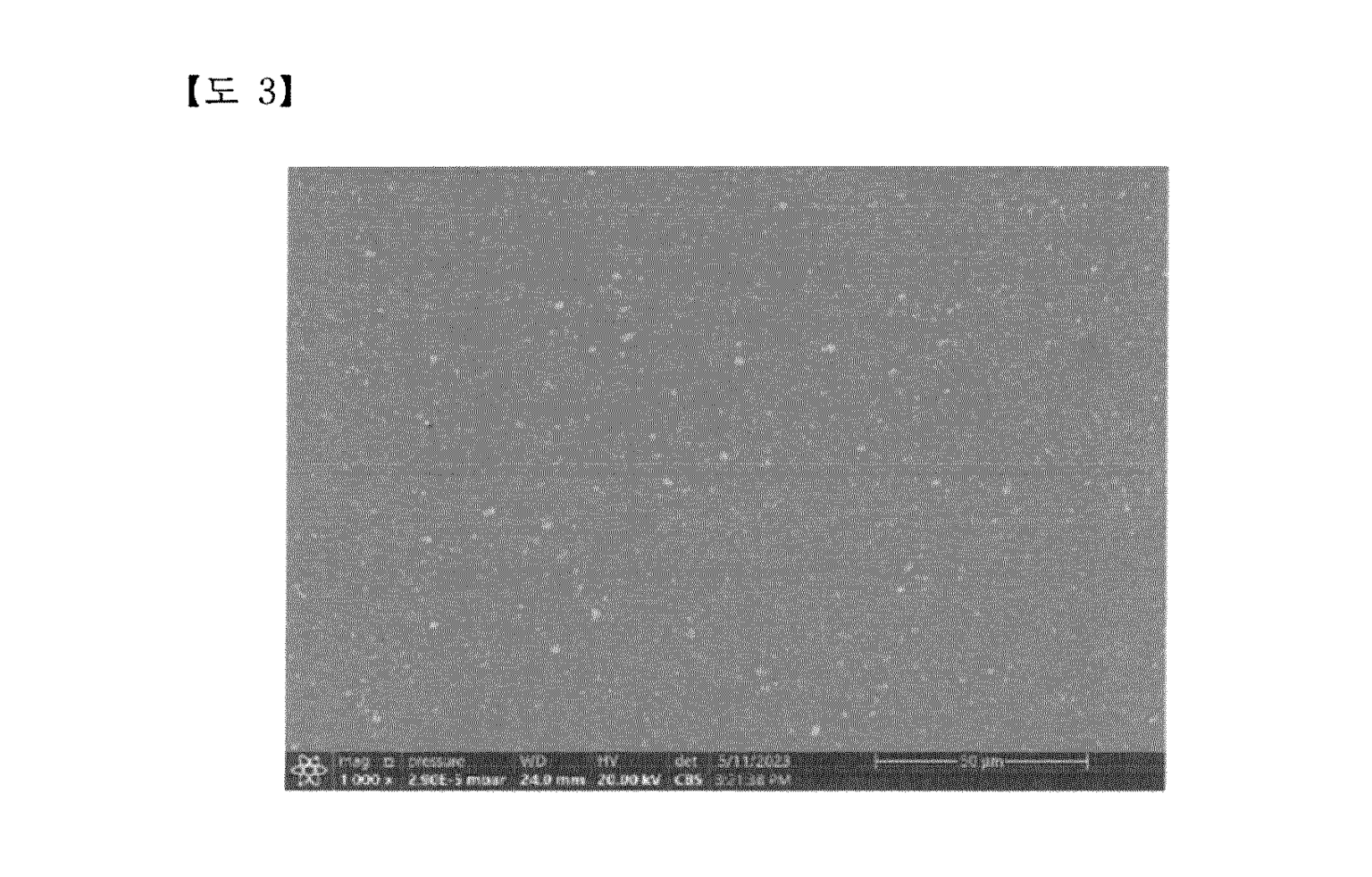The world of material science constantly seeks innovative solutions to extend the application of materials in various industries. One such advancement is the patent filed by LS Cable & System, presenting an aluminum alloy that shows exceptional resistance to hydrogen embrittlement.
This invention stands out due to its ability to maintain lightweight properties while delivering robust mechanical strength and superior corrosion resistance.
Hydrogen embrittlement is a phenomenon where hydrogen atoms penetrate into metals, causing them to become brittle and eventually crack. This poses a significant challenge, particularly in environments where metals are exposed to hydrogen—such as in hydrogen transport applications. Overcoming this issue is critical for ensuring the safety and longevity of metal components used in such conditions.
What sets the patented aluminum alloy apart is that it is a non-heat treated alloy. Typically, heat treatment is a process that enhances the mechanical properties of metals. However, this process adds complexity and costs. Inventing an alloy that retains excellent mechanical properties without heat treatment marks a significant advancement, simplifying manufacturing processes and reducing costs while maintaining quality.
The invention holds particular promise for hydrogen transport pipes. These pipes require materials that not only resist hydrogen embrittlement but also offer lightweight characteristics and a high degree of durability. The aluminum alloy developed by LS Cable & System Ltd. seems to fit these criteria well, providing an economical solution for industries involved in hydrogen transport.
In addition to its mechanical strength and resistance to embrittlement, the alloy also boasts good corrosion resistance. This property is key in extending the lifetime of components, particularly when used in challenging environments. A material that can withstand both the chemical and physical rigors of exposure to hydrogen transportation conditions naturally becomes a preferred choice in infrastructure developments.
